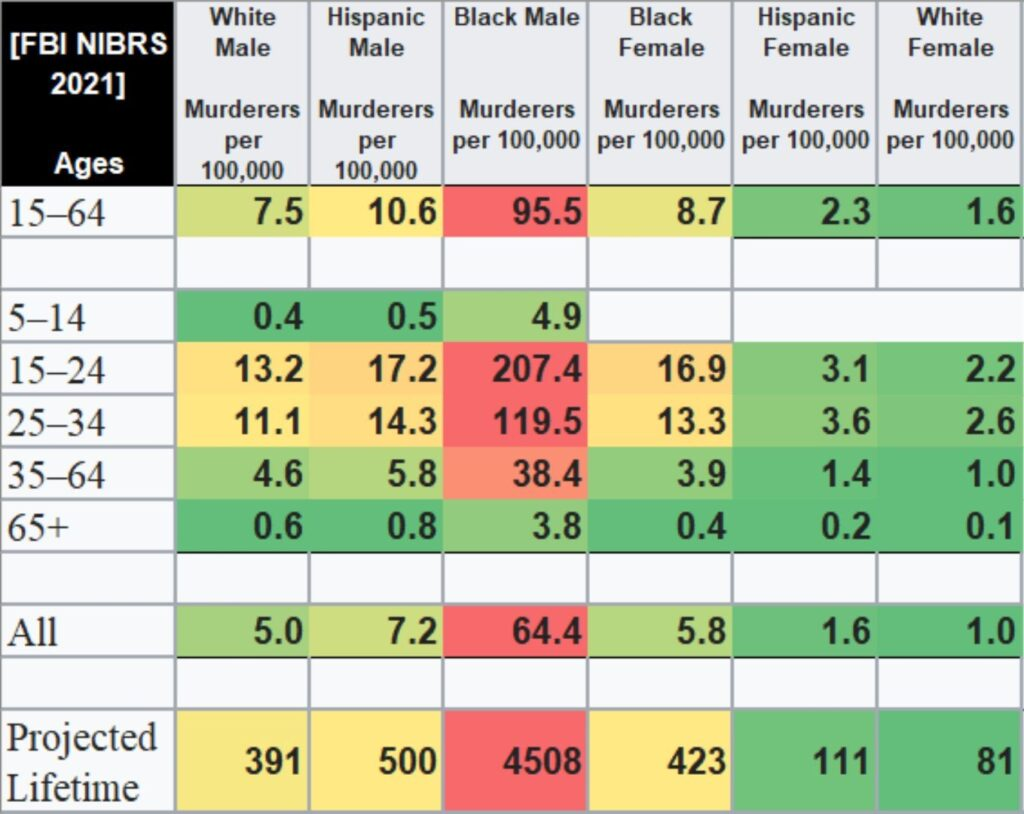'Normal' is a statistical average. There may be such a thing as a normal person, but I haven't met him yet.
My comments on books, games, guns, science, politics, and whatnot.
Monday, April 29, 2024
No, we are not all the same
Wednesday, April 17, 2024
Commodore 64 beats quantum computer
Tuesday, April 16, 2024
Yet another task resolution system
Yes, I enjoy making up rules for fantasy combat games. It's a weird hobby, but it's a hobby.
Basic premise: Character skill and item quality are measured in size of dice: d4 (low) to d12 (high).
Mechanism: In any endeavor where chance plays a role, the active player rolls a skill die and an equipment die, and adds them together. The target likewise rolls skill + equipment, but may be using different equipment. Bonus add to the size of a die, penalties reduce the die size. Bonuses beyond d12 add to the total. Penalties below d4 subtract from the total. Defender/target wins ties.
Say a dwarf (melee d8) swings an axe (melee d8) at an orc (skill d6) with a shield (d8) and sword (melee defense +1). That ends up being d8+d8 versus d8+d8.
If the attacker rolls higher than the defender, damage is dealt. For simplicity, let us say one point. For every 5 points the attacker beats the defender's roll, additional damage is scored.
Say a dwarf (melee d8) swings his axe (melee d8) at an orc (skill d6) with a shield (d8) and sword (melee defense +1). That ends up being d8+d8 versus d8+d8. If the dwarf rolls a mighty 14 while the orc rolls a pathetic 3, the orc will take 3 damage (1 for success, an additional 2 for rolling 10 over), killing it.
Say a thief (skill d6) is using his second-hand tools (quality d4) to pick a double-locked door (quality d8, 2 successes needed). That ends up being d6+d4 versus d8. If the thief rolls well and gets a 7 versus the door's unlucky 2, the thief achieves 2 successes, freeing both latches during one action.
The advantage of this system is that even a kobold with pointy stick can hit a high level fighter in heavy armor with sword and shield. It won't happen very often, of course, but it is always possible, since your minimum roll (with equipment) is a 2. It also highlights the need to have both skill and equipment, as having only one or the other means you roll but a single die, putting you at a distinct disadvantage.
If you're using a large number of hit points, you can either subtract the defense from the attack, or consider the defense roll to be a threshold, and count the full damage of any attack that rolls above it. Either way, you would generally ignore the "5 over" rule, unless you want to add in some sort of combat options like stunts and feats.
You can add in rules for critical failures (all 1's) as you see fit. I use them to degrade equipment quality/durability. You can add in a rule for critical successes (maximum possible die rolls), but this system rewards low skill/quality that way. The "5 over" benefit fills that niche for me.
Magic equipment allows a static bonus to the die roll, raising the minimum possible roll, which is quite valuable. Low quality gear uses a lower die type, while exceptional quality gear uses a higher.
